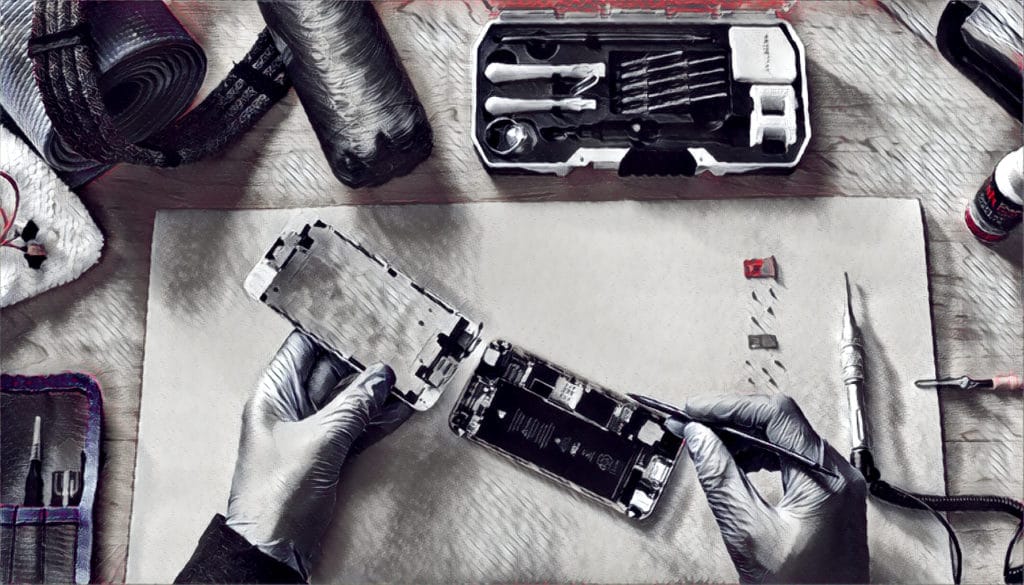In this week’s podcast: researcher Kevin Fu of University of Michigan discusses his work on attacks that use physics to manipulate connected devices. Also: Mark Loveless of DUO discusses his research into how poor implementation of wireless protocols make personal security trackers a privacy risk. And have we seen peak ransomware? Adam Kujawa of the firm Malwarebytes joins us to talk about the findings of that company’s State of Malware Report.
biomedical devices
Securing Medical Devices, Rethinking OWASP’s Top 10 & BlackDuck CEO Lou Shipley
In this, our 70th episode of The Security Ledger podcast, we speak withXu Zou of the Internet of Things security startup Zingbox about the challenges of securing medical devices and clinical networks from cyber attack. Also: we take a look at the turmoil that has erupted around the OWASP Top 10, a list of common application security foibles. And finally: open source management vendor Black Duck Software announced that it was being acquired for more than half a billion dollars. We sit down with Black Duck CEO Lou Shipley to talk about the software supply chain and to hear what’s next for his company.
Survey finds Device Makers Security Priorities Often Misplaced
Low-hanging Internet of Things security fruit may be left unpicked, as connected device makers fret about the predation of sophisticated hackers, but balk at simple security fixes, a Security Ledger and LogMeIn survey finds. You can download the full report here in PDF format.
A Year Later: FDA approves Software Fix for Security Flaws in Pacemakers
In-brief: The FDA as approved a software update to software security holes in pacemakers made by Abbott. But doctors and patients will have to weigh the risks of apply the patch.
Massachusetts on Front Lines (Again) in Battle for Right to Repair
In-brief: After legislation in five states stalled in the Spring, states like Massachusetts will be on the front line of renewed efforts to pass pro-consumer laws that create a “right to repair” for cell phones, medical devices and other software-driven products. At stake could be the right of consumers to control Internet of Things devices they purchase for use in their home, on their person or in their business.





